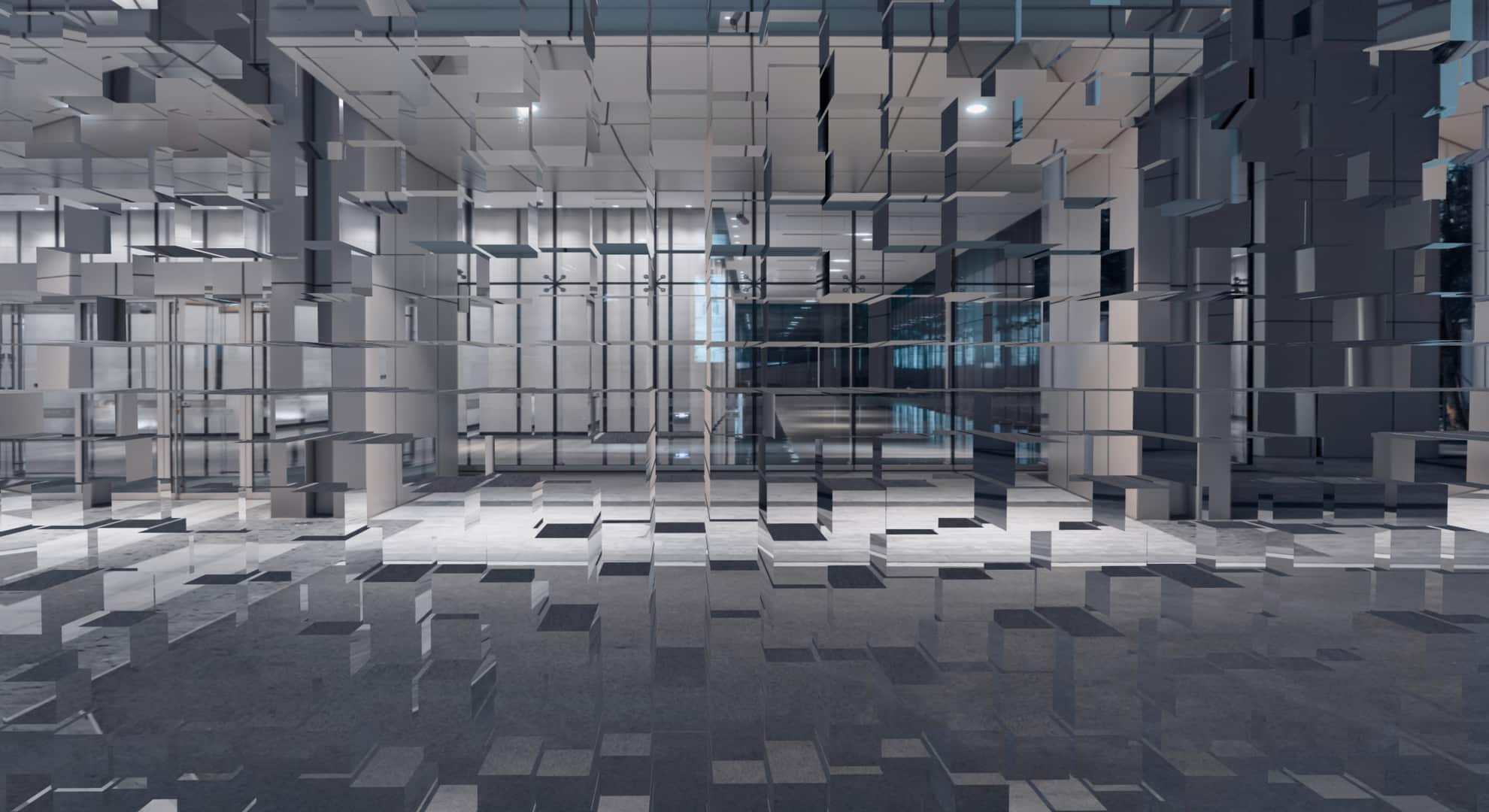
21 Oct The metaverse of the future: how it will change society
The metaverse is the word on everyone’s lips right now, both in the technology sector and beyond. Its main advocates argue that it will bring about unprecedented changes in the way we see the internet, because of the paradigm shift it will bring to the ways we connect to networks, interact with each other and exchange information.
Although the metaverse is still in development, it has the potential to change all our lives in previously unimaginable ways. Above all, because advances in the fields of connectivity, virtual reality and the technologies that go hand-in-hand with the metaverse continue to grow rapidly. So, if we really do see an impact anywhere near as far-reaching as the experts predict, what will life be like? How will it change our everyday lives?
What exactly is the metaverse?
The first caveat here is that there isn’t a single metaverse and, even if all goes to plan, there will be several metaverses in the future all coexisting, with the potential to interconnect with one another.
What’s more, even the metaverse that has received the most media attention to date – Meta, the brainchild of Mark Zuckerberg – is still not the most stable or developed. In a way, it’s helpful to think of video games as active metaverses, as they require avatars, digital identities and simulated reality environments, especially in 3D, virtual reality and POV (point of view) games.
From a ‘technical’ point of view, we can talk about a metaverse in relation to any digital, virtual reality or VR environment that requires a specific device to interact with it or ‘navigate’. Thanks to these virtual reality ‘glasses’, users will soon be able to build a recreation of themselves, known as avatars, navigate through various spaces that are more or less similar to our ‘physical’ reality, communicate and interact with other users and take part in various virtual activities, from meetings, jobs, recreational events and shopping to travel, personal relationships, and even virtual ‘lives’ that unfold entirely in the metaverse.
Furthermore, the metaverse won’t stop developing or allowing activities to take place when users are offline. Just like in ‘real life’, things will continue with or without our presence and without us being able to influence the changes taking place.
Will the metaverse change our lives?
It’s bold to make such a categorical statement at this early stage, but everything points to this being the case in the long term. Chiefly because, like all technologies, it will end up being imposed through mass adoption. Gartner claims that, by 2026, 25% of us will spend at least an hour a day connected to the metaverse. And logic dictates that this progression will only continue to grow. So, how could this kind of innovation change us?
- Virtual Reality: digitally-recreated environments that mimic reality or create entirely new worlds will be a common sight to users, and they’ll be just as comfortable within these spaces as they are using the internet today, albeit using different devices. How quickly we assimilate to this change depends on the easiness of access to the virtual reality devices we’ll need to navigate within the metaverse and the learning policies adopted.
- Blockchain: blockchain technology will be important in the metaverse, because many of its dynamics depend on it. We’ll also have to learn to handle the concepts and applications derived from blockchain with ease, which remain limited to very specific environments today, such as cryptocurrencies, but with the potential to become a technological standard for security and reliability within data management.
- Digital life: through the metaverse, we’ll all become much more aware of the digital identities that are inseparable from us and generate a digital footprint. Who we are in the metaverse, the activities we get involved in, the information we share and the people we interact with will give us an almost ‘sensory’ impact, given our experiences of the metaverse will be much more immersive than with the internet as it currently stands.
- Business: obviously, the success of the metaverse will depend on the commercial potential it can generate. We can already buy works of art in the form of NFTs – non-fungible tokens – and trade cryptocurrencies, but the metaverse will make it possible to buy a virtual home, go to work, buy goods and services – delivered either in the physical world or in the metaverse – or even go sightseeing, for example. The more attractive the metaverse becomes and the more it resembles our ‘physical’ society, the more likely our presence within it will increase and change us as a whole.

